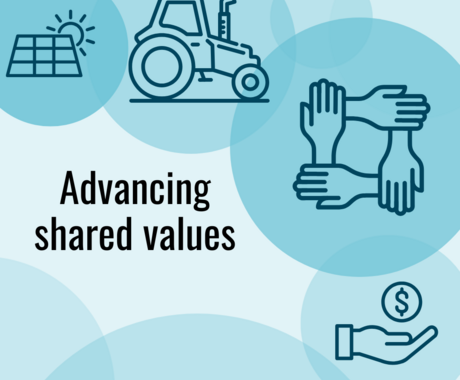Effective advocacy requires understanding the legislative process and employing strategic communication. Constituents can impact legislation by providing their perspective on a bill and explaining the reasoning for their position.
As a former Iowa State Senator from Maquoketa, I served in the Iowa Senate from 2011 to 2019. My close engagement in the legislative process equipped me with a deep understanding of how to successfully communicate with legislators and help shape public policy.
Understanding a legislator's background, including their affiliations, priorities, and even hobbies, can lead to more effectively tailored communication, increasing the likelihood of successful messaging. For example, my constituents knew I was a wrestling coach and enjoyed other sports, and we built rapport over those.
Personal meetings are the best way to build relationships with legislators. However, make sure to schedule an appointment in advance rather than simply showing up at the Capitol—scheduling a meeting prior to a visit can ensure a legislator has time to meet and is prepared to discuss a specific legislative issue. If travelling to the Capitol is difficult, consider inviting a legislator to meet at a cafe or coffee shop in your district that is convenient to your legislator.
Another avenue for engagement is to attend legislative town hall meetings or “cracker barrels,” which are open to the public. These meetings provide an opportunity to ask questions directly and hear from other constituents. It is best to prepare a clear, concise question to ask, focusing on specific concerns or policy proposals. While town hall meetings are not the ideal setting for lengthy debates, if an answer is unsatisfactory, consider requesting a follow-up meeting to discuss the issue further.
Communicating directly with a legislator through personalized, handwritten letters can be a highly effective approach to sharing your perspective. Letters allow constituents to express their concerns and opinions directly, and they are more likely to be read and considered than generic emails or form letters. Additionally, including an address on a letter serves as a powerful indicator of a local connection, lending credibility and significance to a letter. A particularly memorable communication I received during my time as a senator was a unique and creative expression of support: A singing card with a short note encouraging support for a bill. This unexpected and heartfelt gesture from a constituent underscored the power of personal advocacy.
After you have connected with a legislator, remember to follow up by thanking them for their support or encouraging them to reconsider their position. By staying engaged and persistent, the public can make a meaningful difference in the legislative process.
Surprisingly few constituents contact their legislators, but effective communication with policymakers is essential for a healthy democracy. Every voice matters—it shapes the policies affecting the community and ensures the people’s concerns are heard.
You can find other useful resources on our advocacy page.





